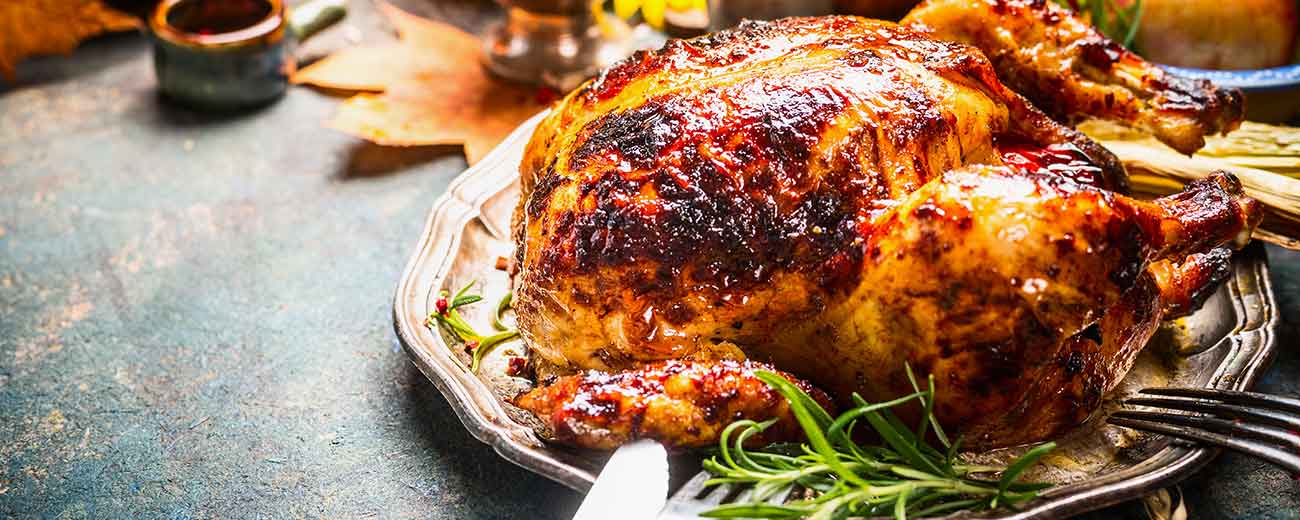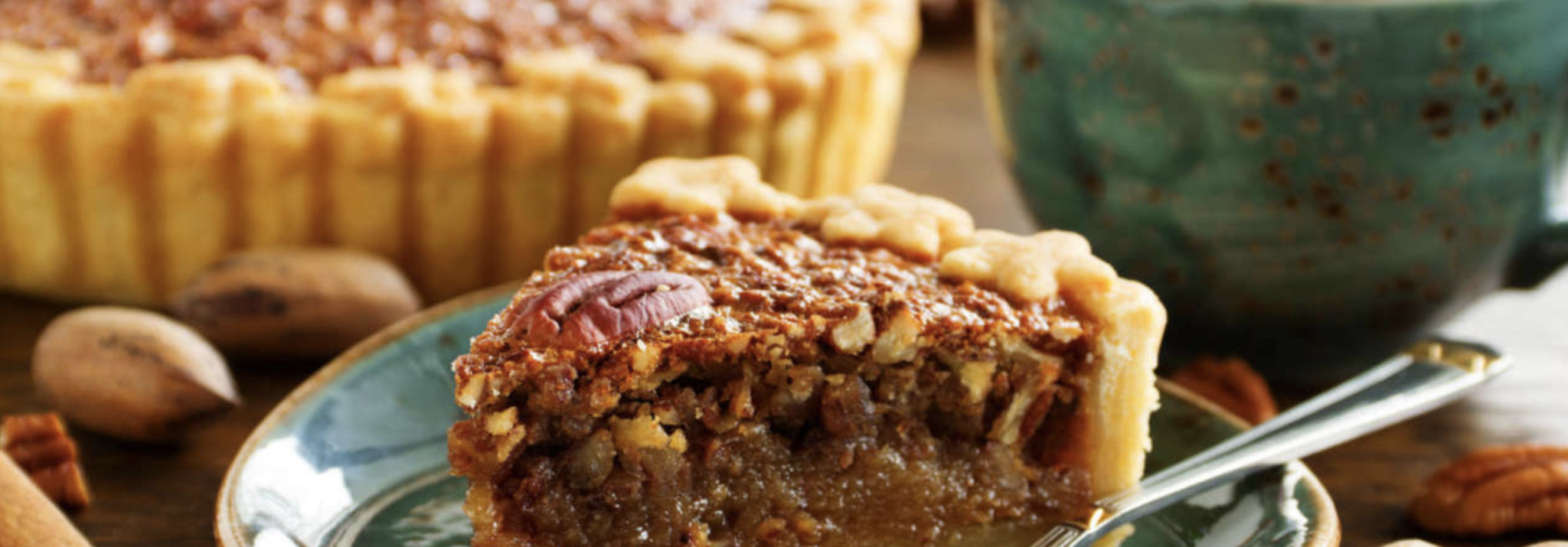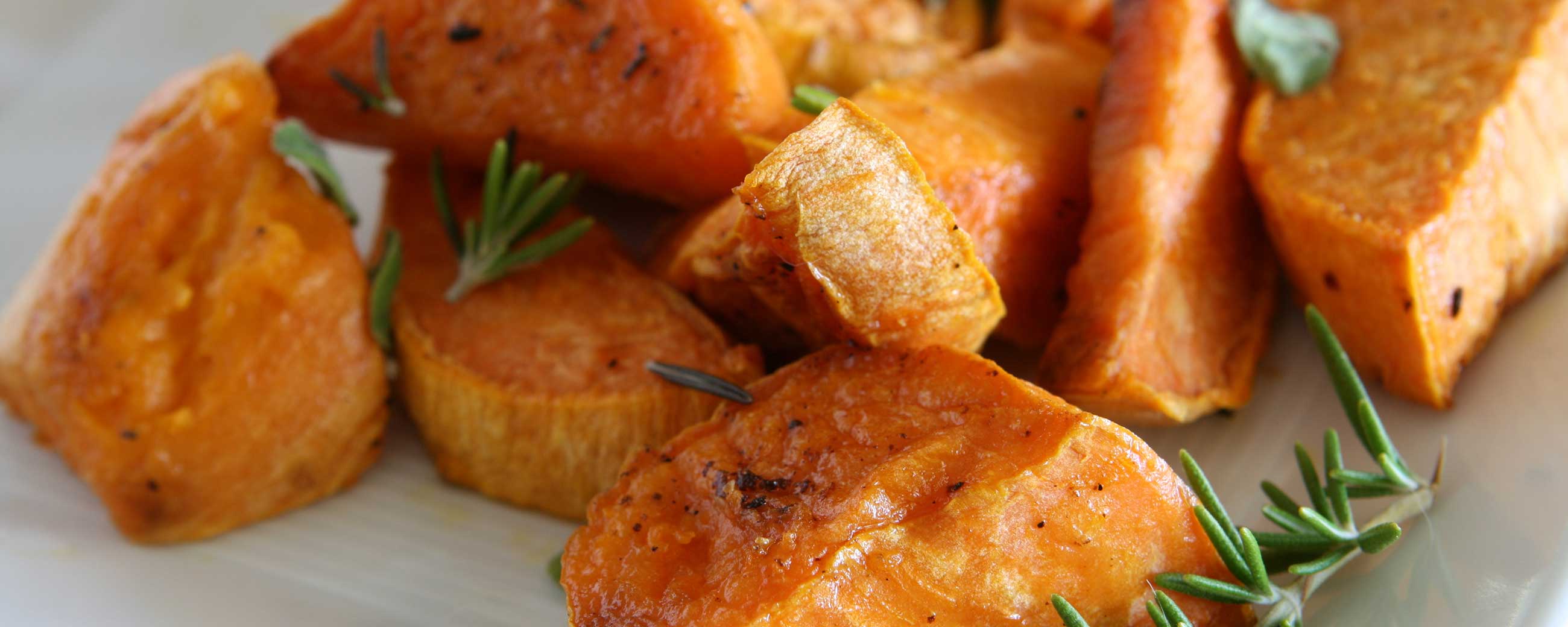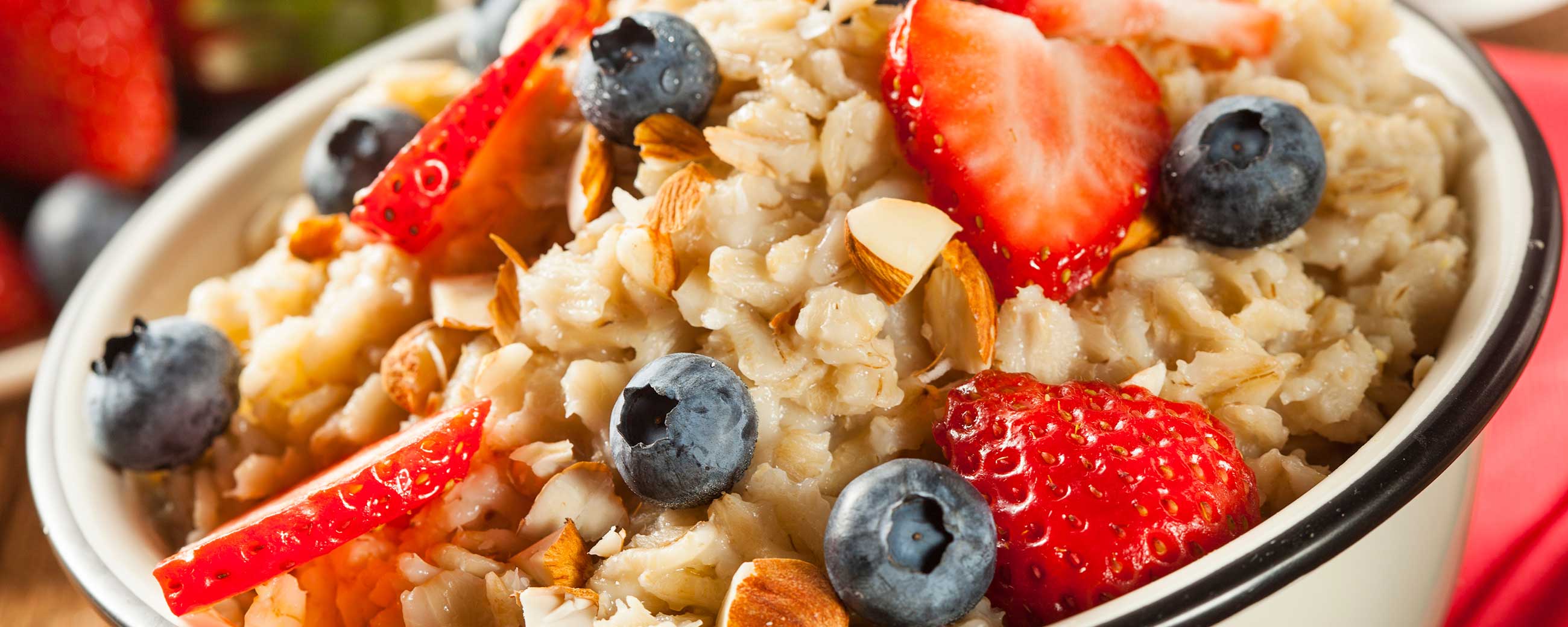
Tips and Recipes for a Guilt-Free Thanksgiving

Thanksgiving is a time of friendship, family and feasting. Every year, Americans sit down with their loved ones to share a meal of family favorites, but this feast can trigger physical discomfort as well as feelings of guilt and shame. A poll found that nearly 8 out of 10 women and 7 out of 10 men in the United States experience food guilt.
To celebrate a guilt-free Thanksgiving, it is important to consume foods that make our bodies feel good and minimize the feelings of shame for slip-ups.
Here are some tips for enjoying a guilt-free holiday.
#1: Healthy substitutions for classic favorites
It’s hard to cut your favorite food traditions out of your life. Rather than not eating something you love, try a healthier version of an old favorite. All of these swaps turn high-carb, blood-sugar-spiking dishes into low-carb, blood-sugar-controlling alternatives. *You can make delicious savory and sweet treats, such as a tasty mashed potatoes replacement of mashed cauliflower, green bean casserole, low-carb dinner rolls and sugar-free pecan pie.
Mashed Cauliflower with Garlic & Chives

Makes 9 servings
Green Bean Casserole

Makes 6 servings
Dinner Rolls with Parmesan-Garlic Butter

Makes 12 servings
Pecan Pie

Makes 12 servings
#2: Practice strategies to avoid overeating.
If you tend to overeat during the holidays, try practicing these strategies, recommended by therapist Emily Bilbao, LCSW.
Don’t push away your urges. If you find yourself longing for something that is not on your plan, notice and accept those urges. Multiple studies have shown that trying to ignore, or suppress our emotions only makes them more powerful. You can’t control your cravings, but you can control your response to them! Acknowledge that you are having an urge, and tell yourself, "I am having an urge. I am only human. I can get through this."
Eat mindfully. Think ahead about the particular food that you may be most likely to overeat. Pay particular attention to eating that food mindfully (you can use our guide to mindful eating). Tell yourself that if you are eating that food that you want to really enjoy every bite. Eat it as slowly as you can, pausing between bites. Think about the flavors and the textures. Try to notice new things about this food. Most people will find that they eat less when they really taste and appreciate every bite. Another tactic to help yourself eat mindfully is to avoid eating in front of the television or computer.
Go easy on the alcohol. Being intoxicated will make it much harder for you to resist temptations. Try drinking a full glass of water between drinks.
Take a minute. Half way through the meal, take a break (you may literally want to go the restroom, step outside, etc.) and just take 1 full minute to check in with yourself. Notice how you are feeling emotionally and physically. On a scale of 1-10, how full do you feel? If we don’t stop to pay attention, we sometimes are unaware of what our bodies are actually telling us. Try drinking a glass of water before you return to your plate.
Give yourself some compassion! Remember that the holidays are very difficult for many people, for a variety of reasons.
#3: If you do slip-up, PAUSE!
Slip-ups happen. It is part of being human. But whatever action is taken in the following moment remains in your control. It is not uncommon for people to find themselves headed down the path of self-shaming, saying to themselves, "I am such a screw up," followed by "I might as well have more." Such actions lead to unwanted, unhealthy behaviors and discouraging outcomes (high blood sugar and weight gain). This can initiate, or perpetuate, a shaming cycle that lasts longer than just the Thanksgiving celebration.
Virta health coach Marlia Braun, PhD, RD recommends taking a pause to positively handle slip-ups. Dr. Braun says:
An alternative to the shaming path is pausing and asking ourselves "What is it that I want to happen next?"
...This fosters mindfulness and empowers us to have control over the situation. It is a moment to reflect on our "why" and give serious thought to our intentions. It is also a time to practice self-compassion, being our own best friend rather than our worst critic."
Dr. Braun recommends the following steps following a slip-up:
First, hold yourself with kindness. Don’t berate yourself.
Take a few deep breaths and actively soothe and comfort yourself, like you would a friend.
Refrain from judgment—you are not a screw up, you are human.
Focus on what you want to happen next. Use this pause to make sure that the next action you take is a decision made in your best interest, with your long term health on the forefront and the slip-up in the past.
* While we encourage you to try these recipes for Thanksgiving, Virta recommends against making large-scale dietary changes without physician supervision if you are on diabetes or blood pressure medications.
This blog is intended for informational purposes only and is not meant to be a substitute for professional medical advice, diagnosis, or treatment. Always seek the advice of your physician or other qualified health provider with any questions you may have regarding a medical condition or any advice relating to your health. View full disclaimer
Are you living with type 2 diabetes, prediabetes, or unwanted weight?








